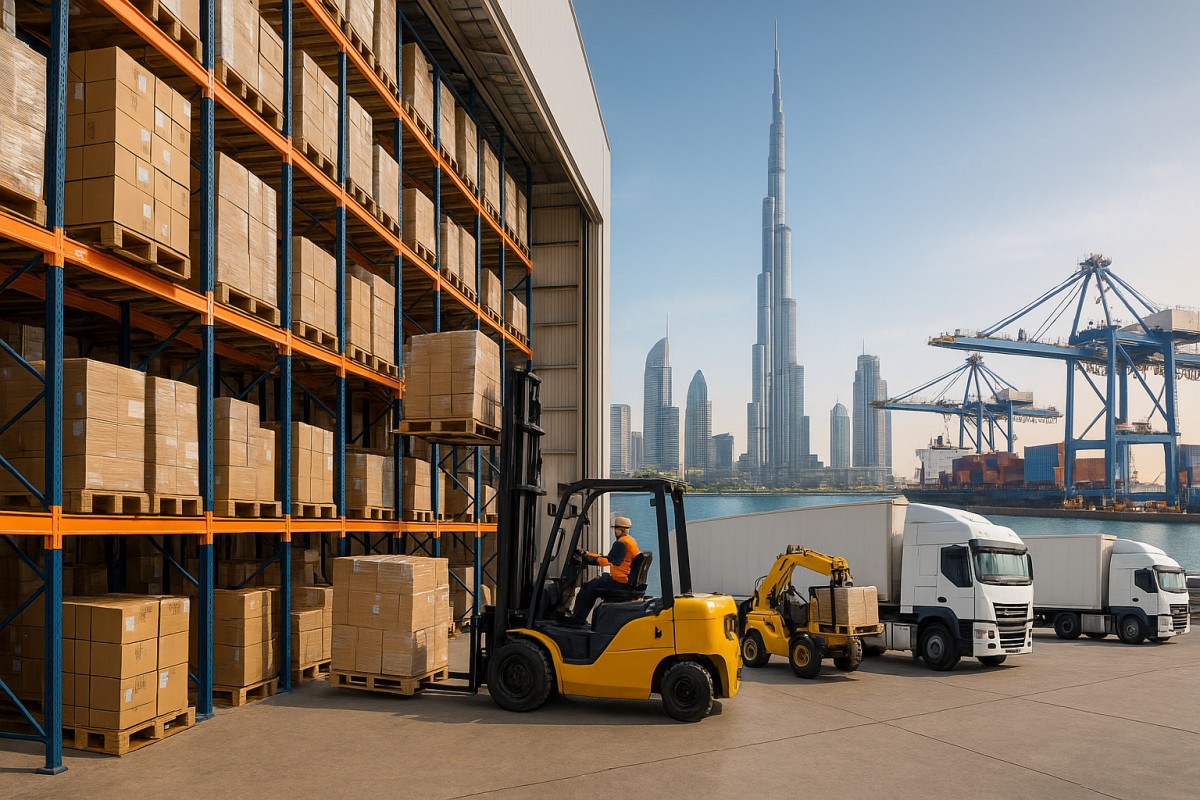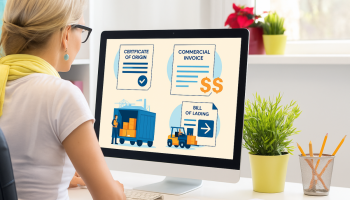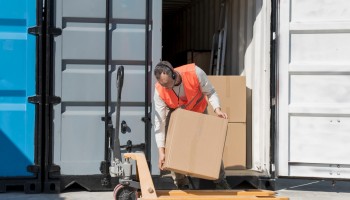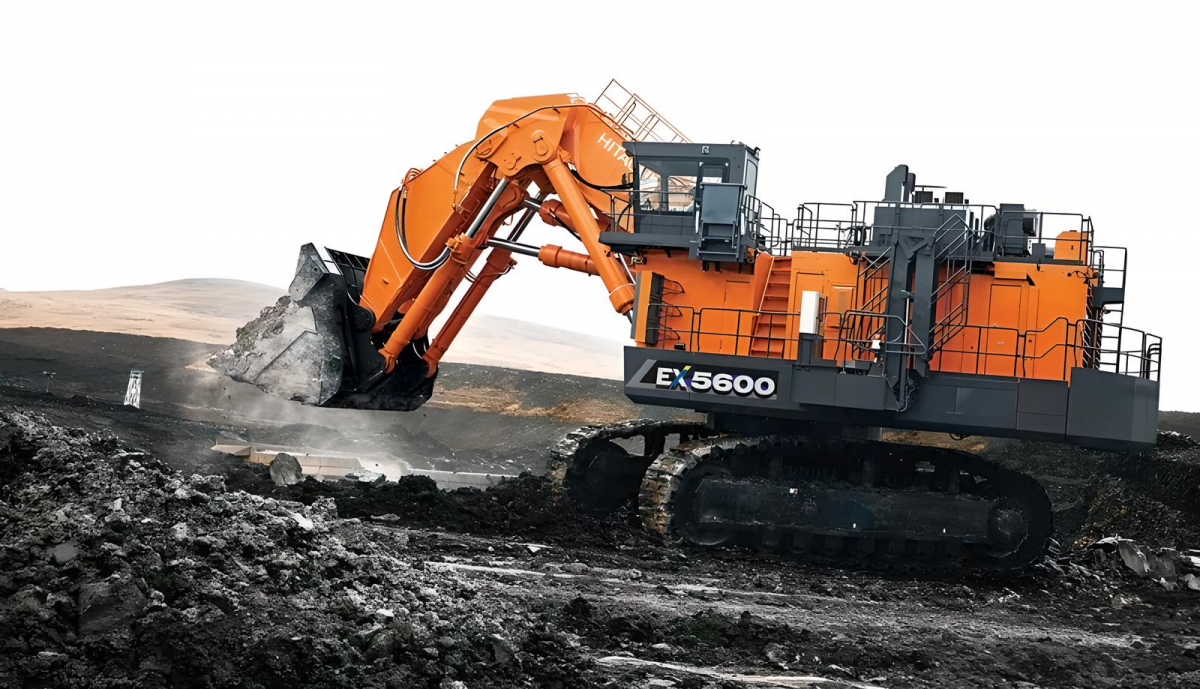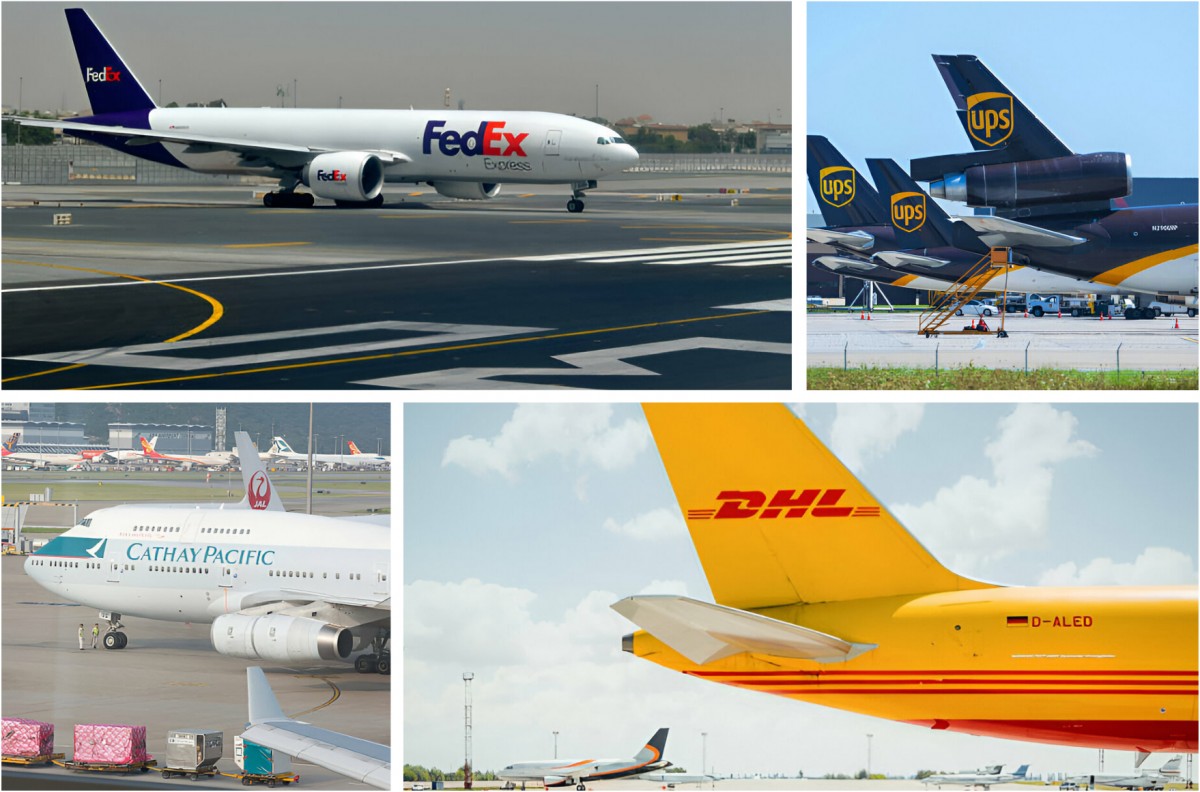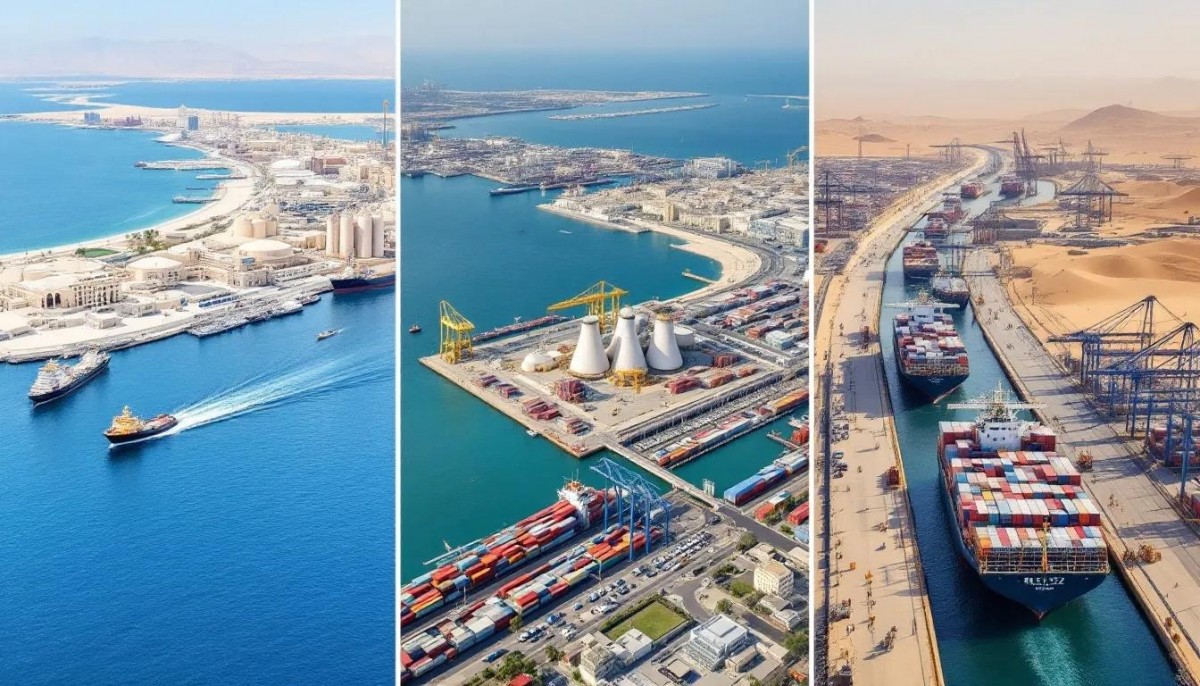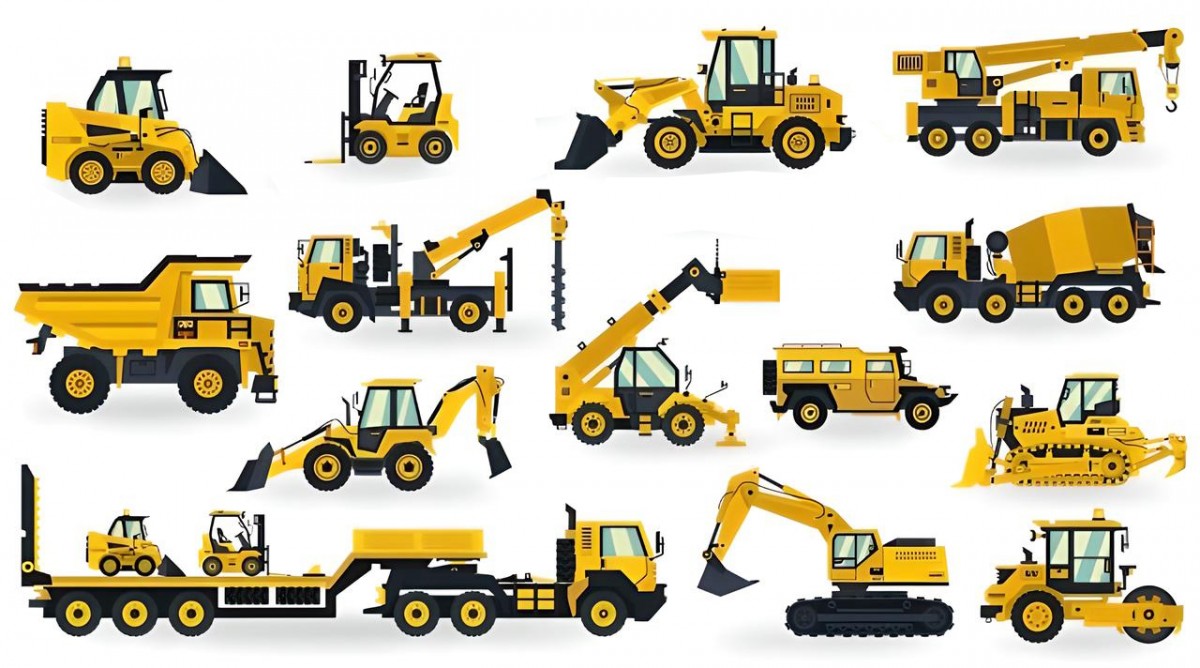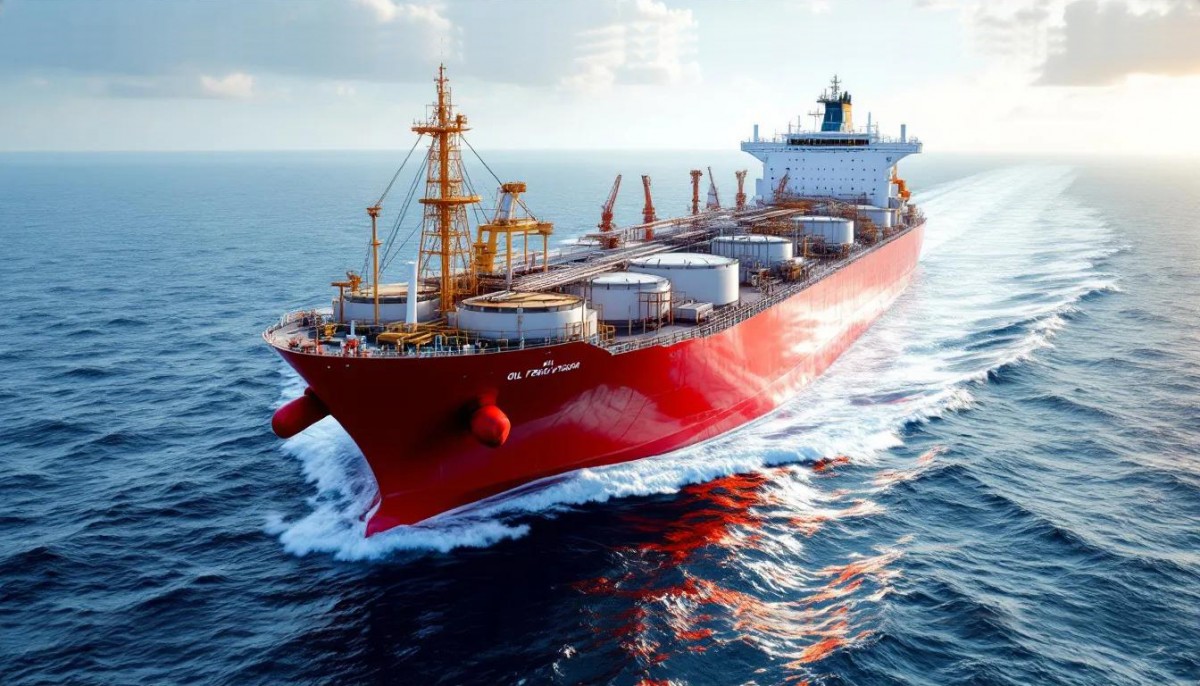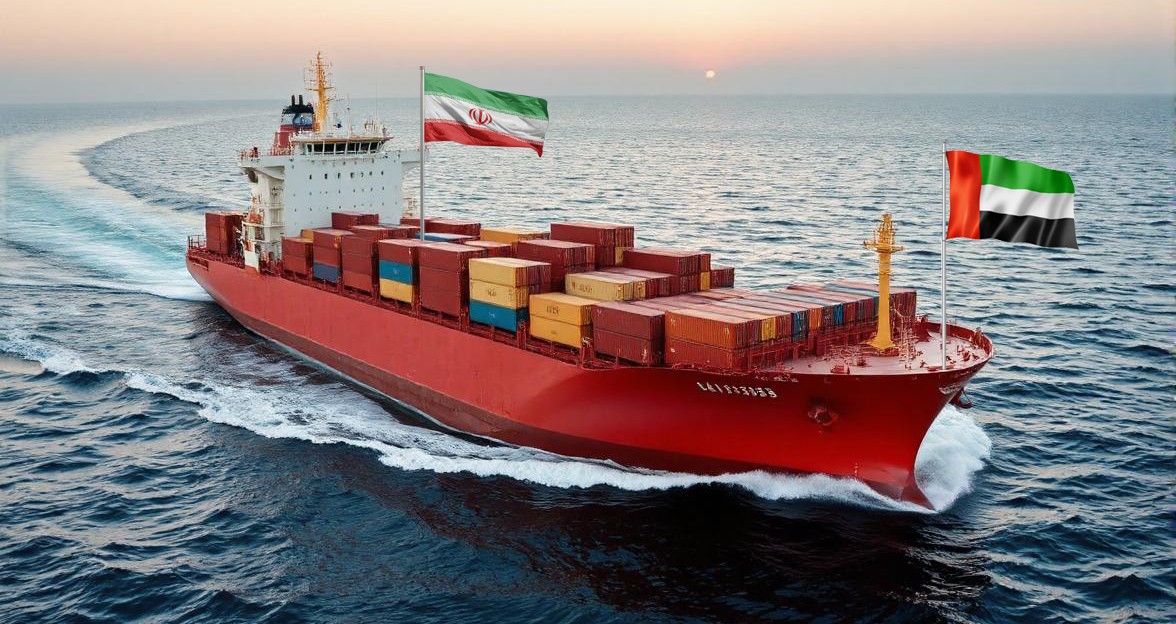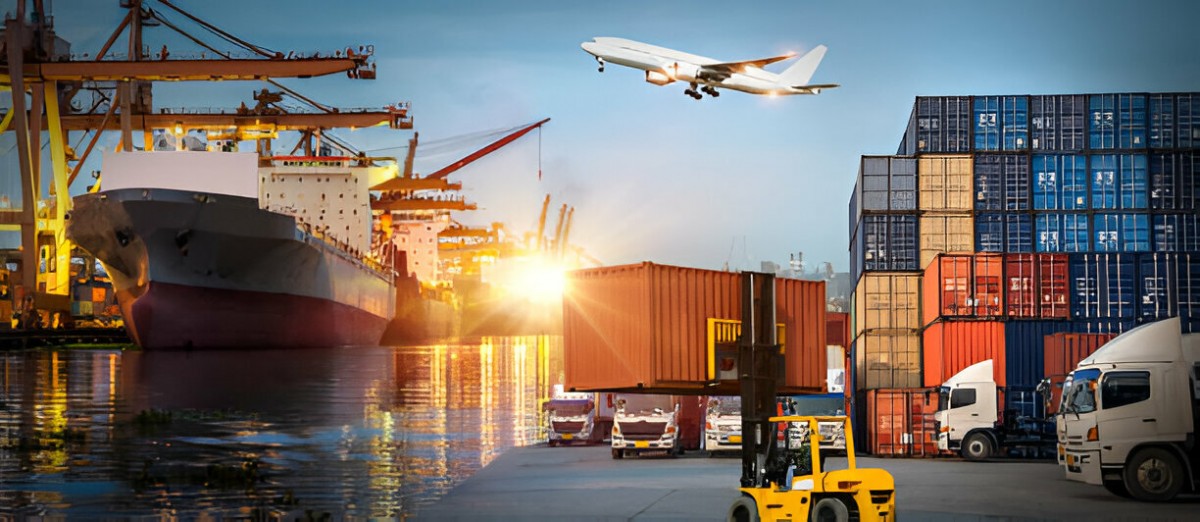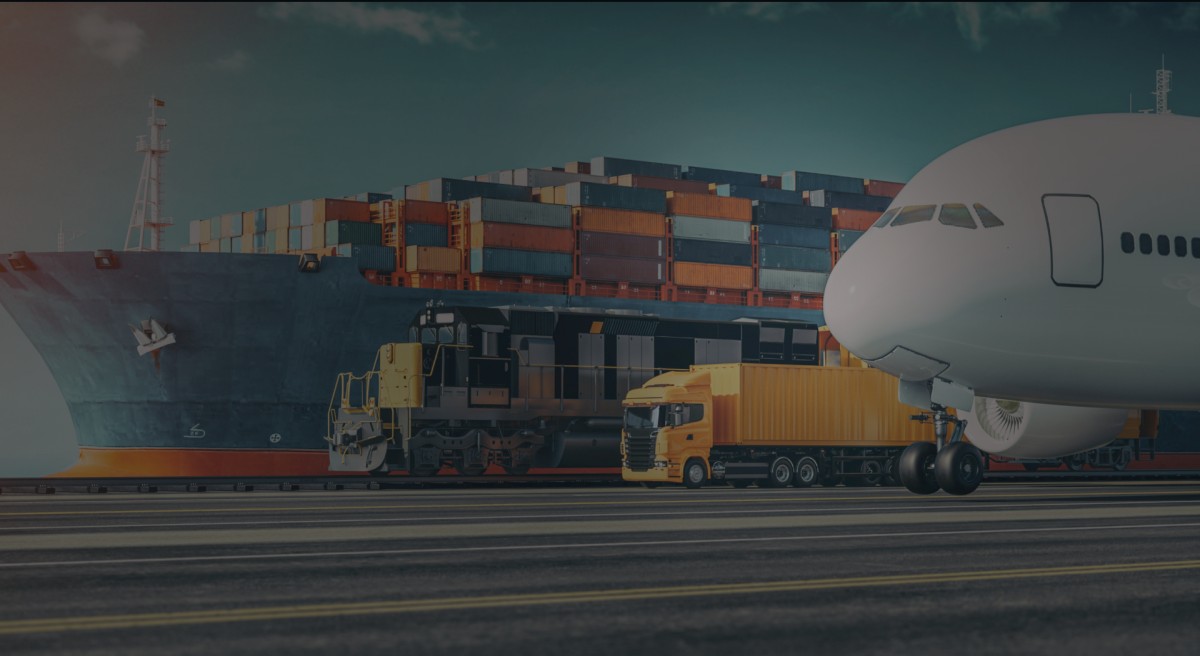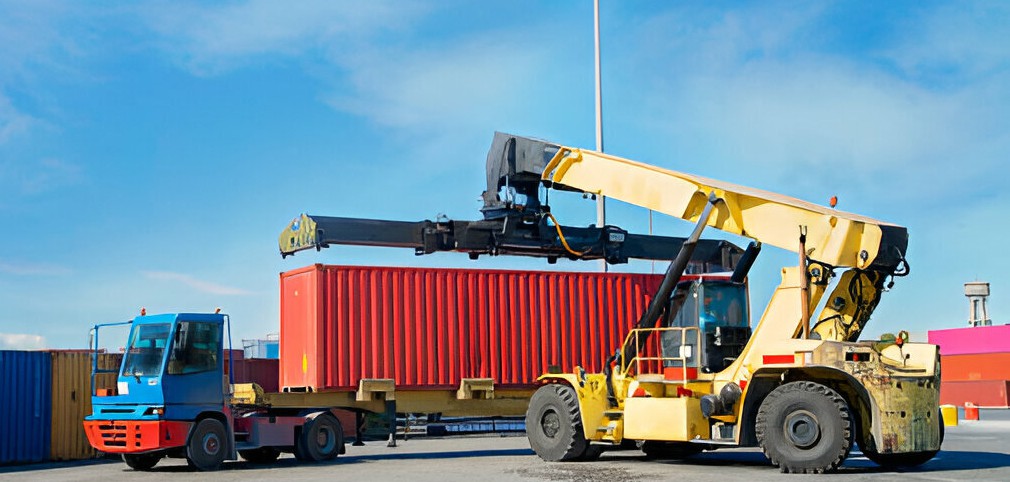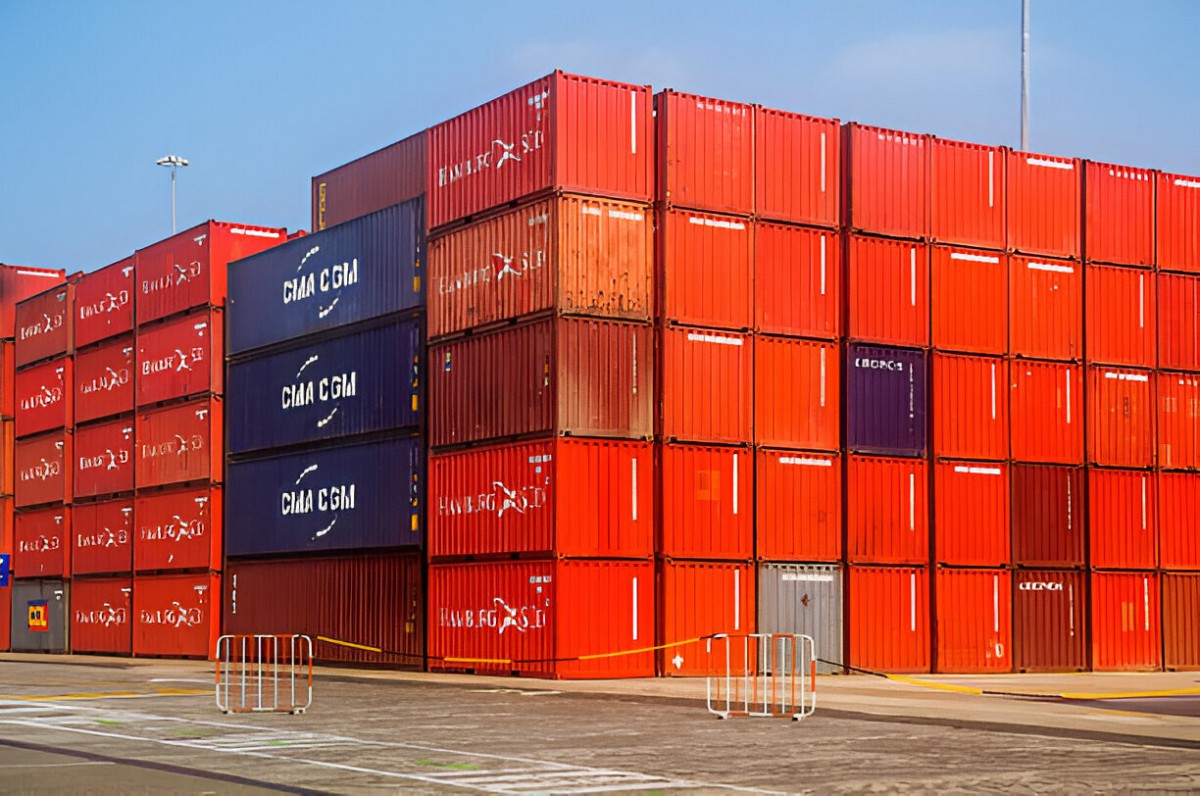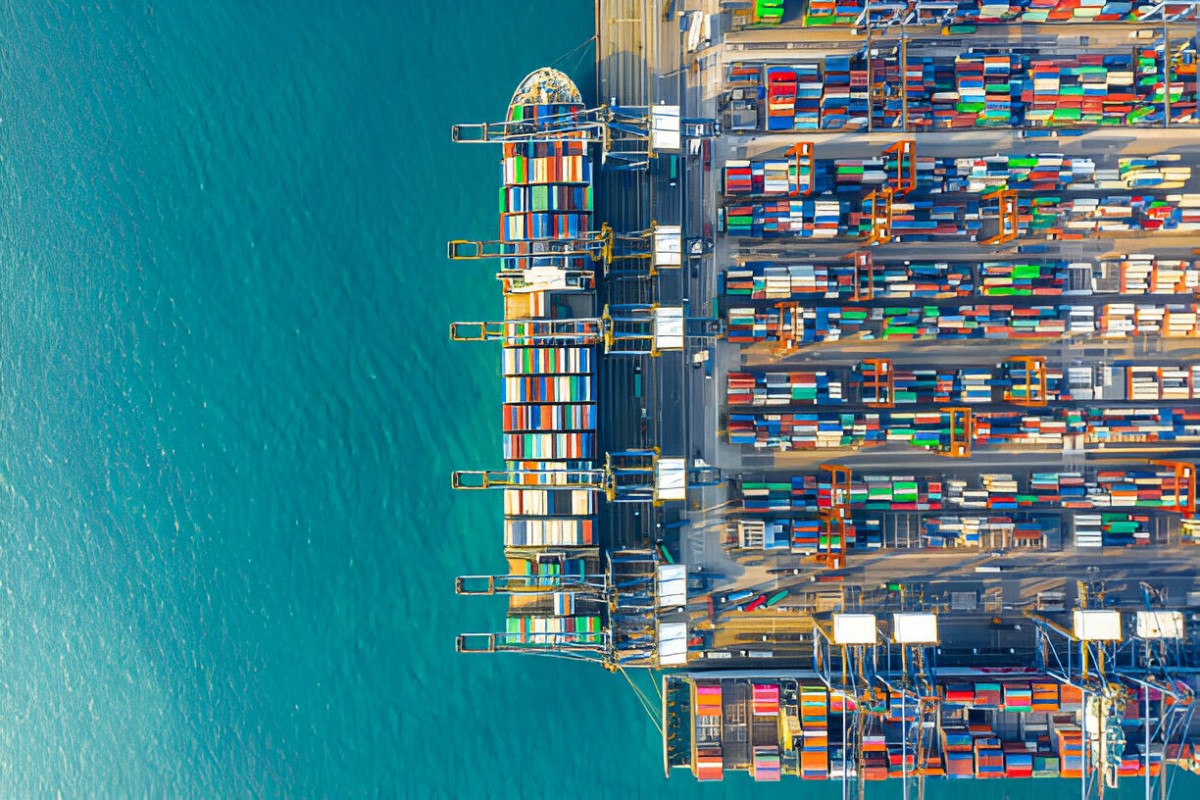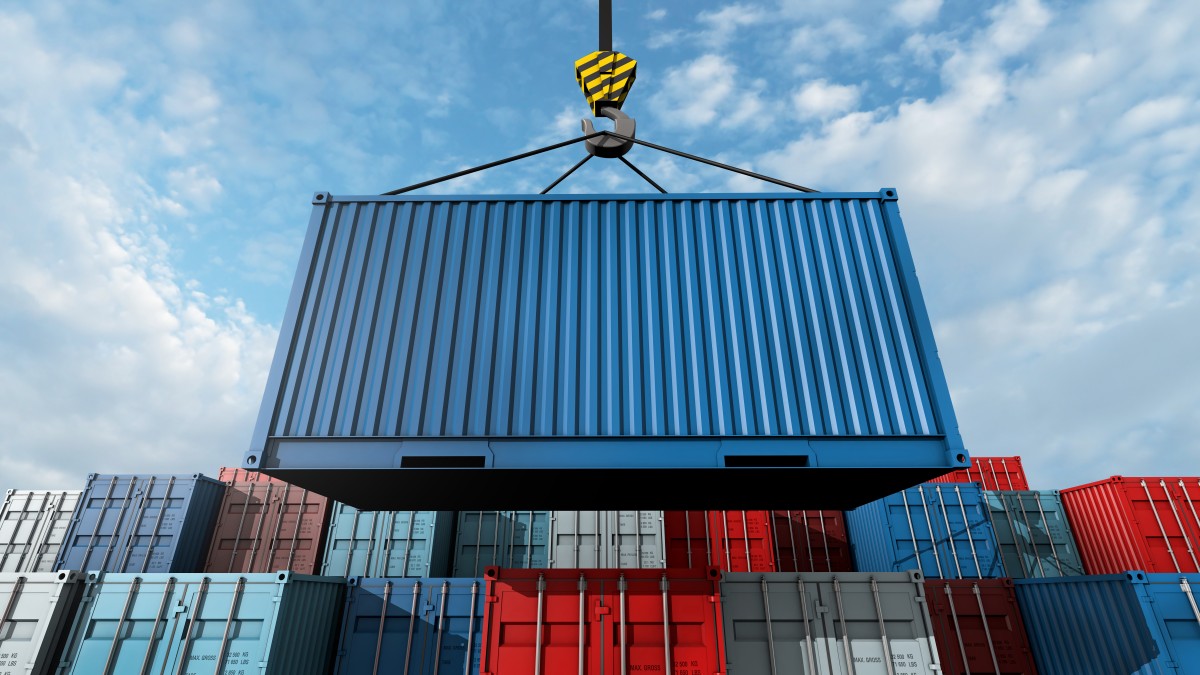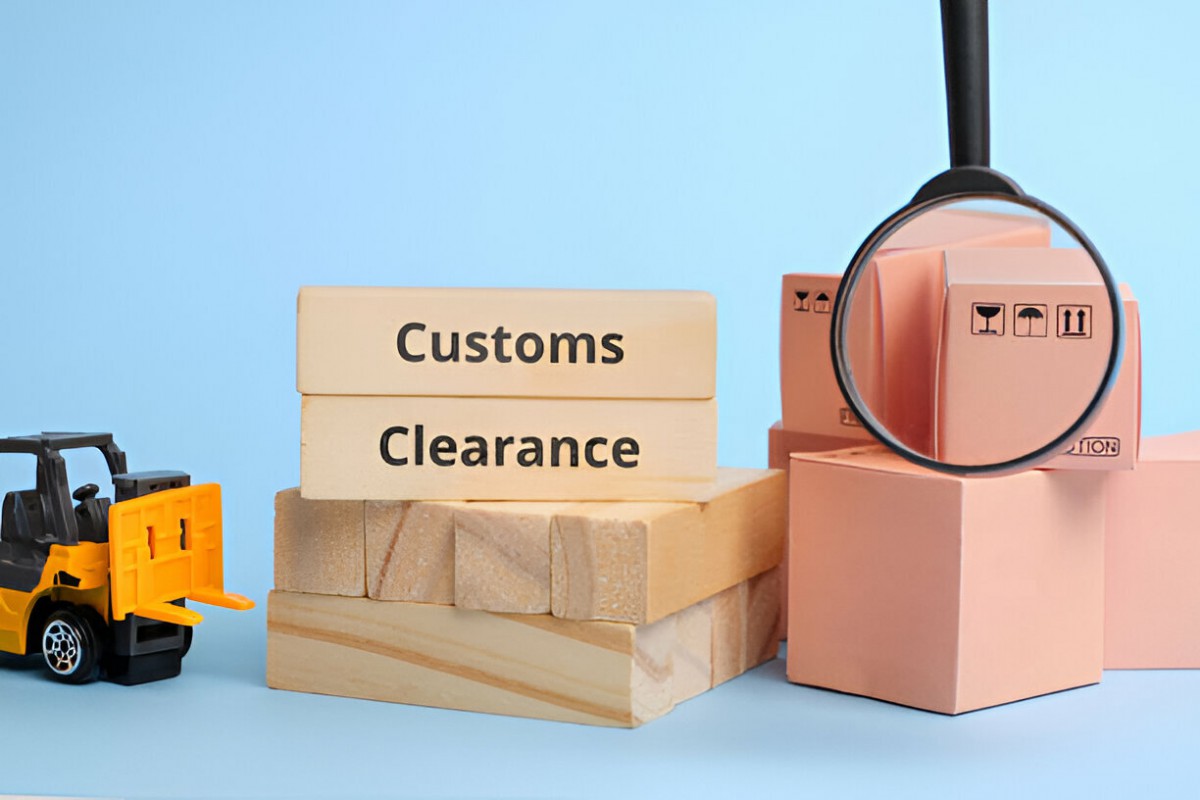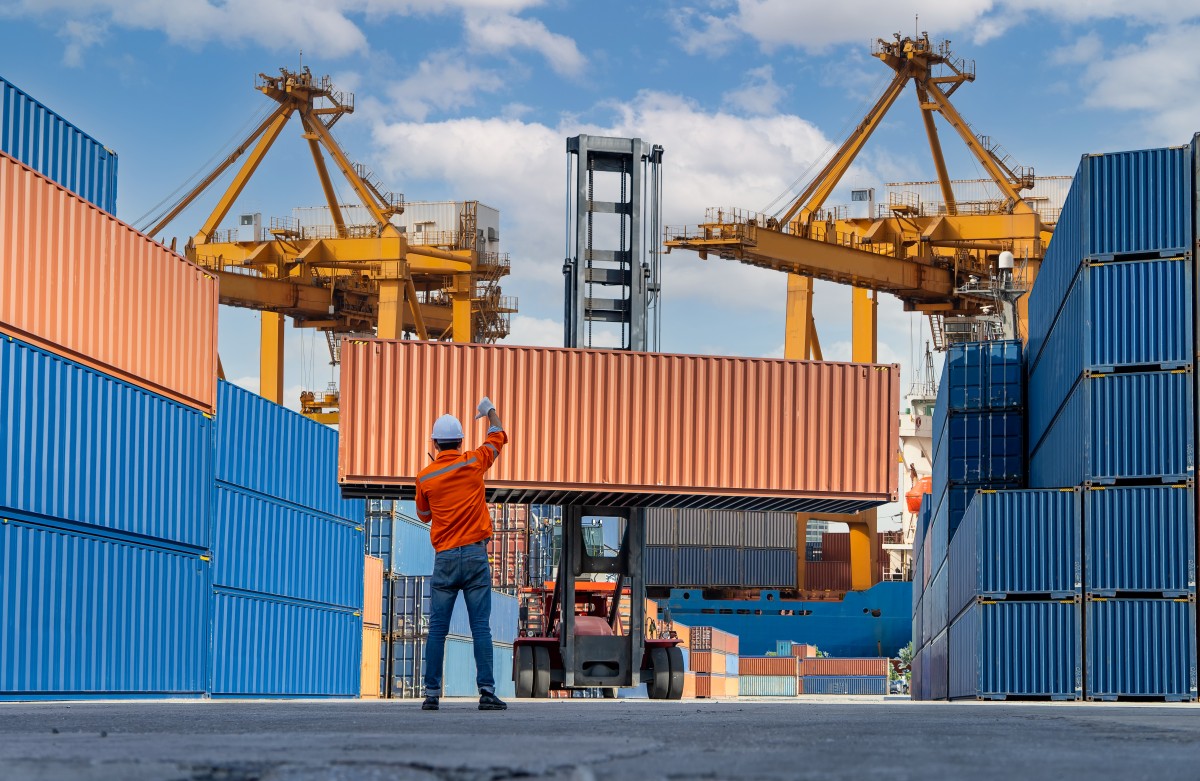FCL vs LCL Shipping
When it comes to international ocean freight, one of the first strategic decisions you’ll make is whether to book an entire container (FCL) or share space with others (LCL). This choice directly impacts cost, delivery time, cargo safety, and overall supply chain performance.
At Novex Shipping, we help businesses choose the right shipping solution by balancing volume, urgency, and logistics strategy.
What Is LCL (Less-than-Container Load) Shipping?
LCL shipping means your cargo shares container space with other shipments. You pay only for the space your goods occupy, measured in cubic metres (CBM). Novex handles the consolidation (grouping shipments) and deconsolidation (unpacking and distributing cargo at the destination).
This option is ideal for businesses with small to mid-sized shipments that don’t require a full container.
Choose LCL if you:
- Ship less than 15 CBM or 2–3 pallets
- Need flexible schedules or multi-destination delivery
- Want to reduce upfront shipping costs
- Are just starting to scale your imports/exports
Key LCL Benefits:
- Budget-friendly for low-volume cargo
- Frequent departures for on-demand shipping
- Highly flexible for partial and varied loads
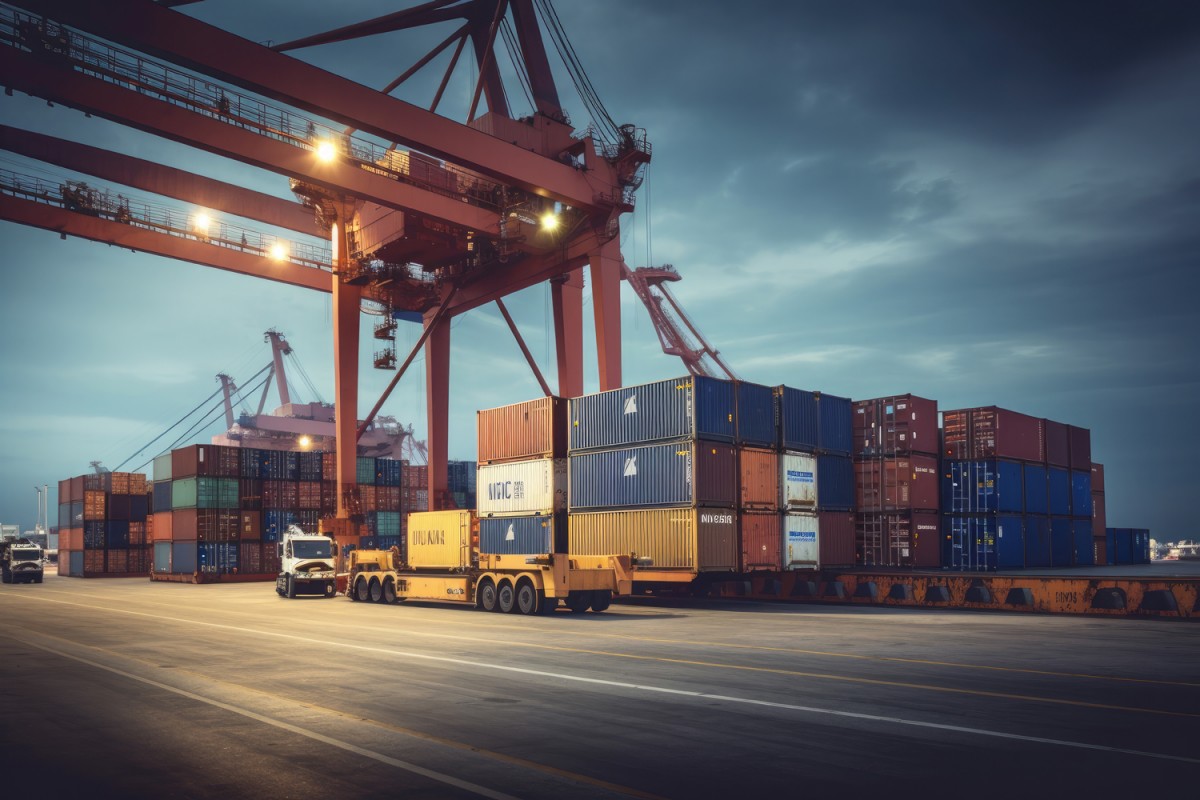
What Is FCL (Full-Container Load) Shipping?
FCL shipping means the entire container is booked by a single shipper. Even if the container isn’t full, you pay a fixed rate and enjoy exclusive use from origin to delivery. The cargo stays sealed and untouched until it reaches the destination.
FCL is the preferred choice for larger, high-value, time-sensitive, or fragile shipments.
Choose FCL if you:
- Ship 15+ CBM or more than 5 pallets
- Require faster transit and fewer stops
- Want to reduce the risk of damage or delays
- Have a consistent supply chain flow with regular large volumes
Key FCL Benefits:
- Sealed and secure from door to door
- Faster routing with fewer handovers
-
More economical per unit as volume grows
LCL vs FCL: Side-by-Side Comparison
| Factor | LCL (Less-than-Container Load) | FCL (Full-Container Load) |
|---|---|---|
| Container Usage | Shared with multiple shippers | Exclusive use by one shipper |
| Cost Model | Pay by volume (CBM) | Fixed rate per full container |
| Transit Time | Slower due to consolidation; more prone to delays | Faster with direct routing and fewer stops |
| Security & Handling | Higher risk due to multiple handlings and cargo mixing | Lower risk – sealed from origin to delivery |
| Flexibility | High – ideal for multi-location or irregular delivery schedules | Limited – one container, one route, but better availability in peak seasons |
| Cost Considerations | Lower upfront cost for small volumes; may rise as cargo size increases | Economical at scale; higher initial cost but lower per-unit freight on large shipments |
| Best Suited For | Small to mid-sized shipments (<15 CBM), non-perishable, low-value, or low-risk goods | High-volume shipments (15–20+ CBM), fragile, high-value, time-sensitive, or regulated goods |
Should SMEs Choose LCL or FCL?
For small and mid-sized businesses, LCL is often the most accessible and affordable entry point. It minimizes upfront costs and allows gradual expansion. However, as shipment volumes increase, switching to FCL can reduce per-unit shipping costs and improve transit speed and reliability.
At Novex Shipping, our services are designed to grow with your business. Whether you're starting with LCL or ready for full-container loads, we offer:
- Transparent pricing
- Digital booking tools
- Expert support
- Global door-to-door solutions
Need help choosing between FCL and LCL?
Contact our team at Novex Shipping for a free consultation and a custom freight solution tailored to your cargo and timeline.
Dubai, Hamriyah Port
www.novexshipping.com
This email address is being protected from spambots. You need JavaScript enabled to view it.
+971 55 192 2226

